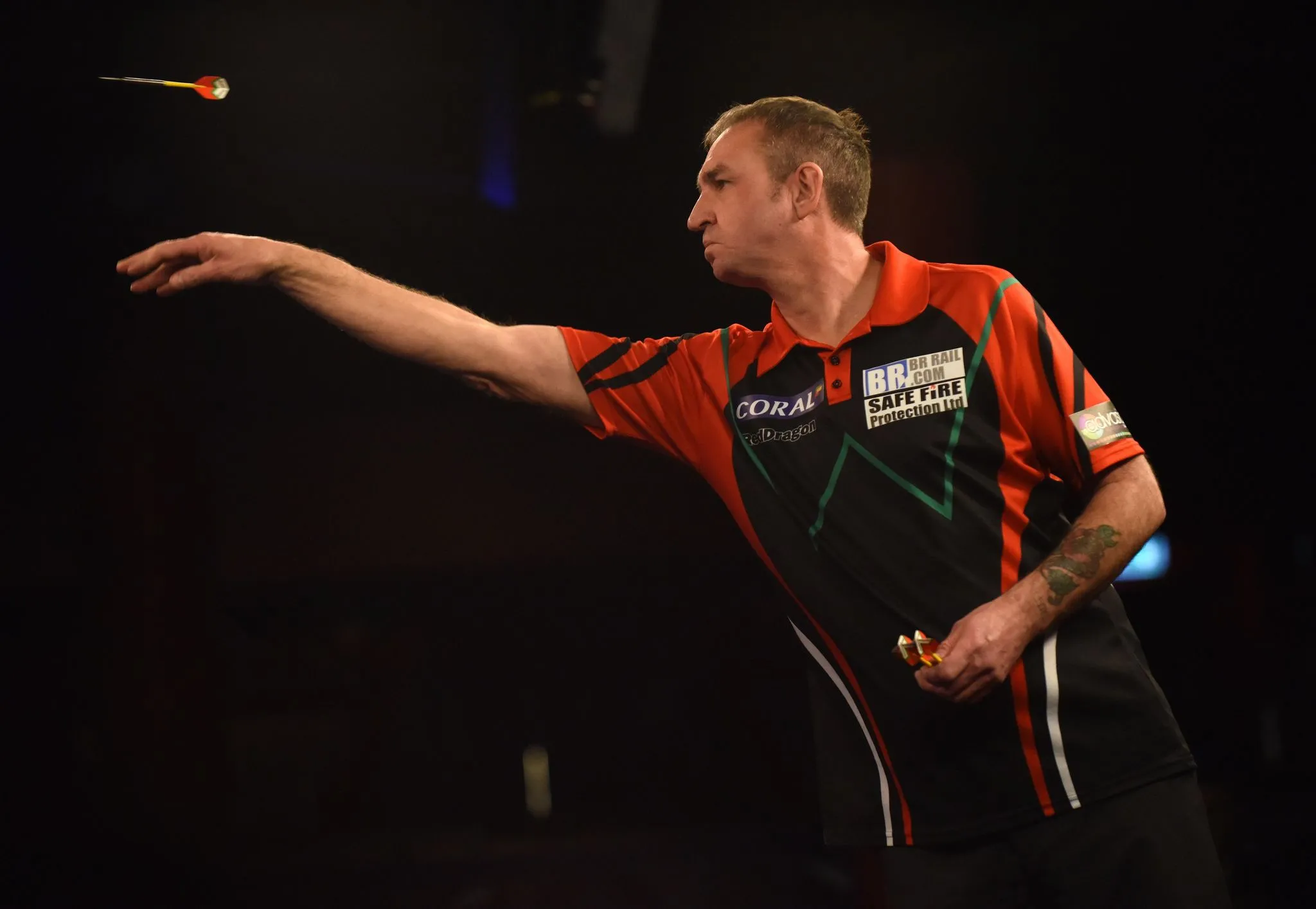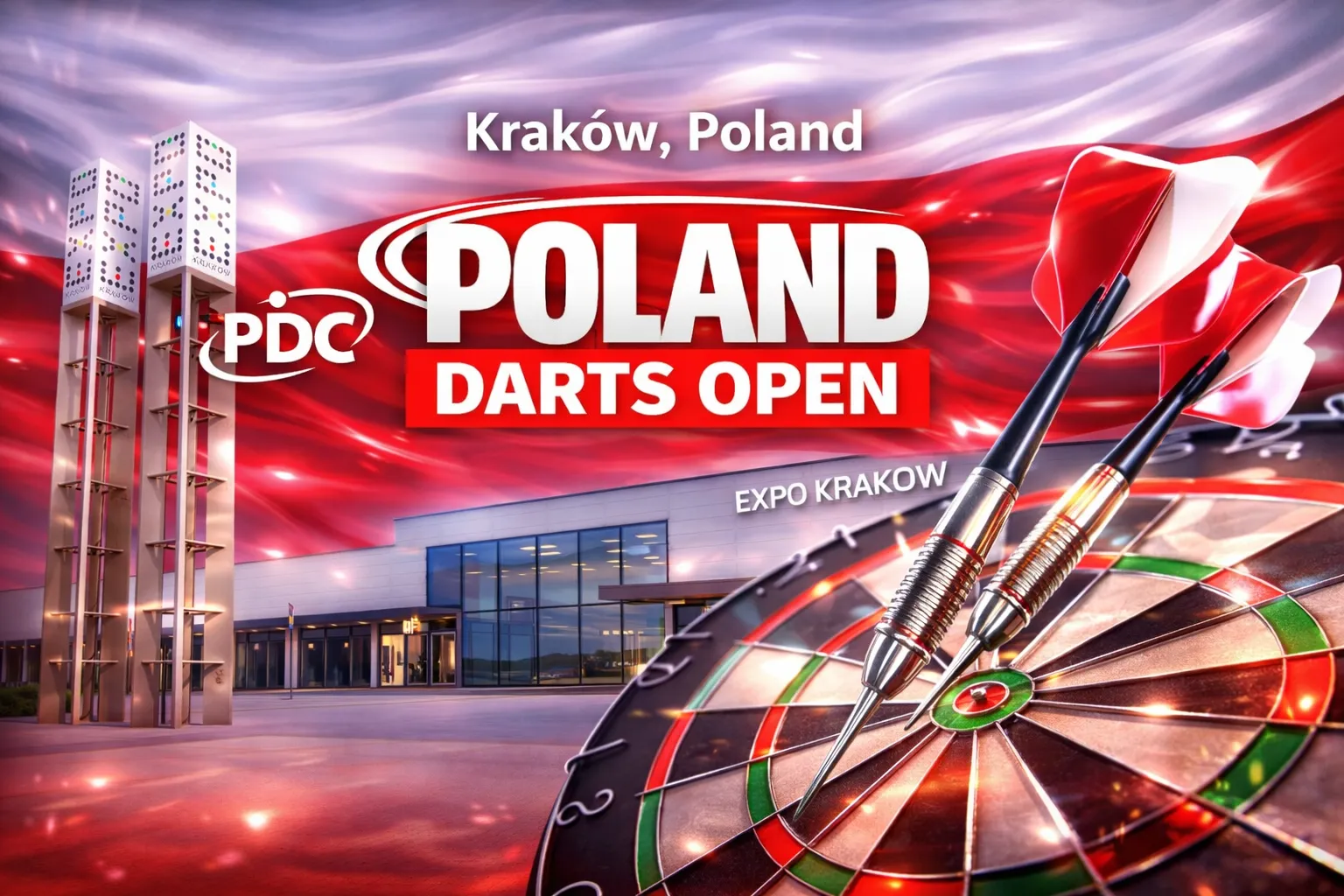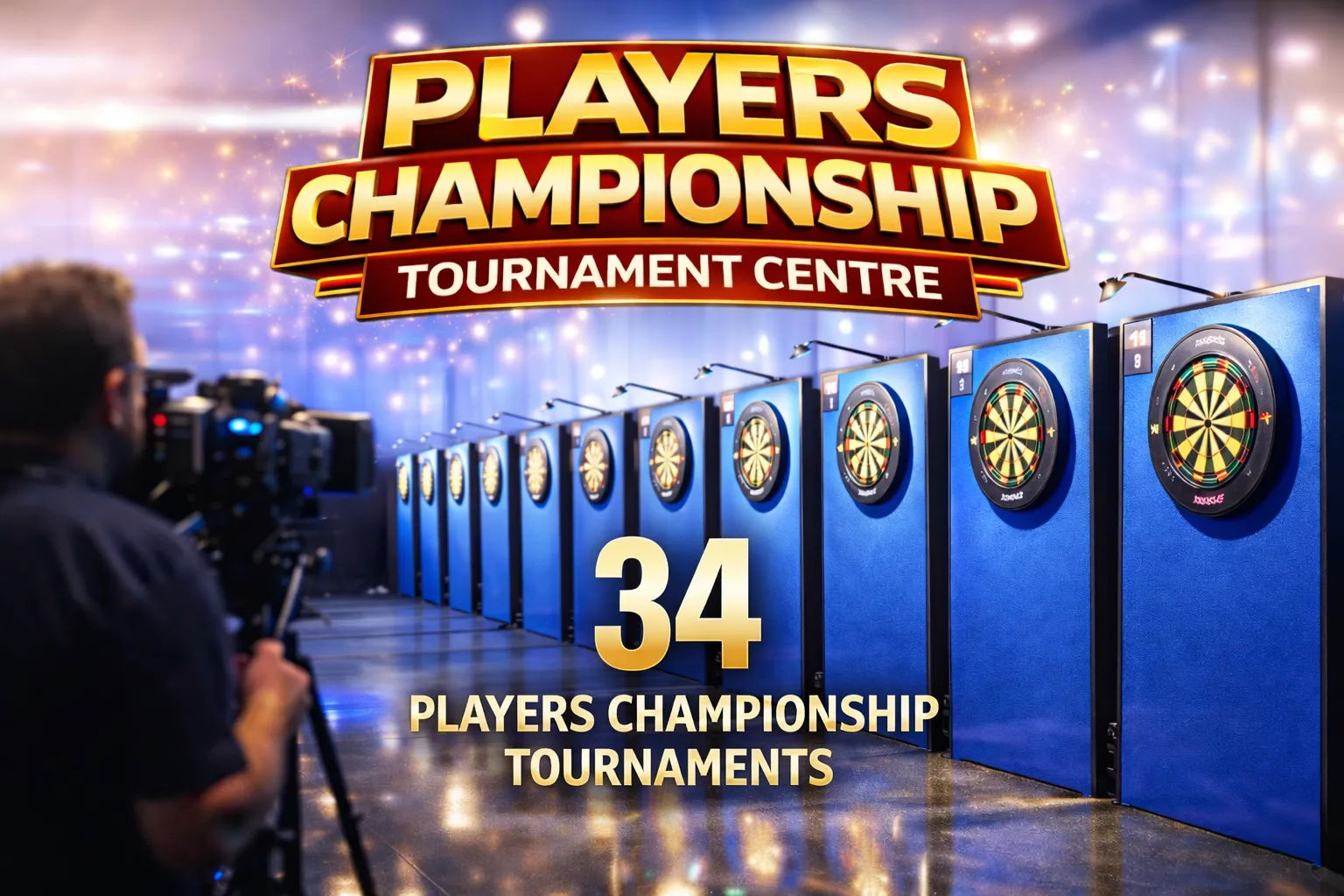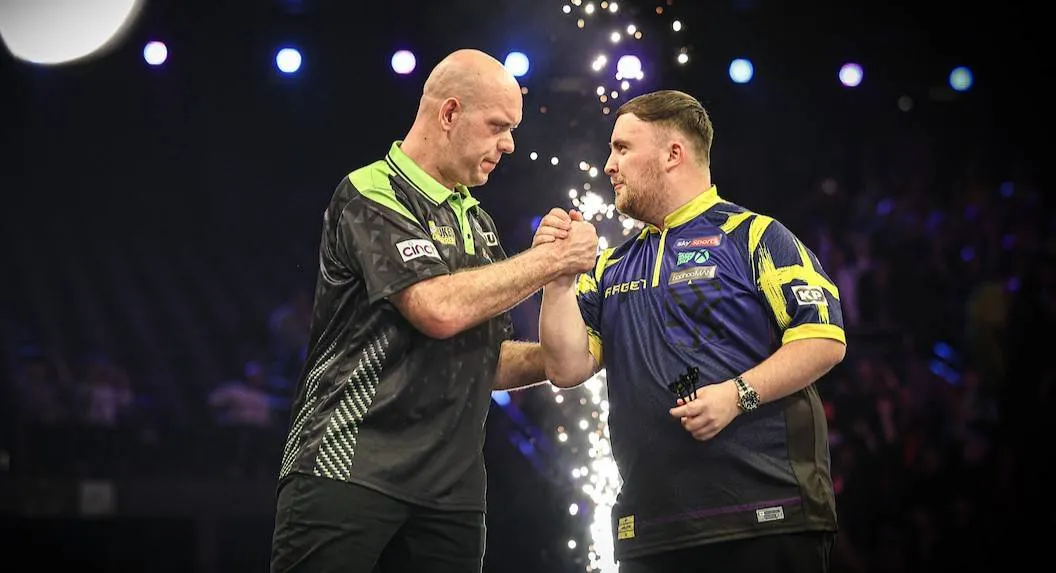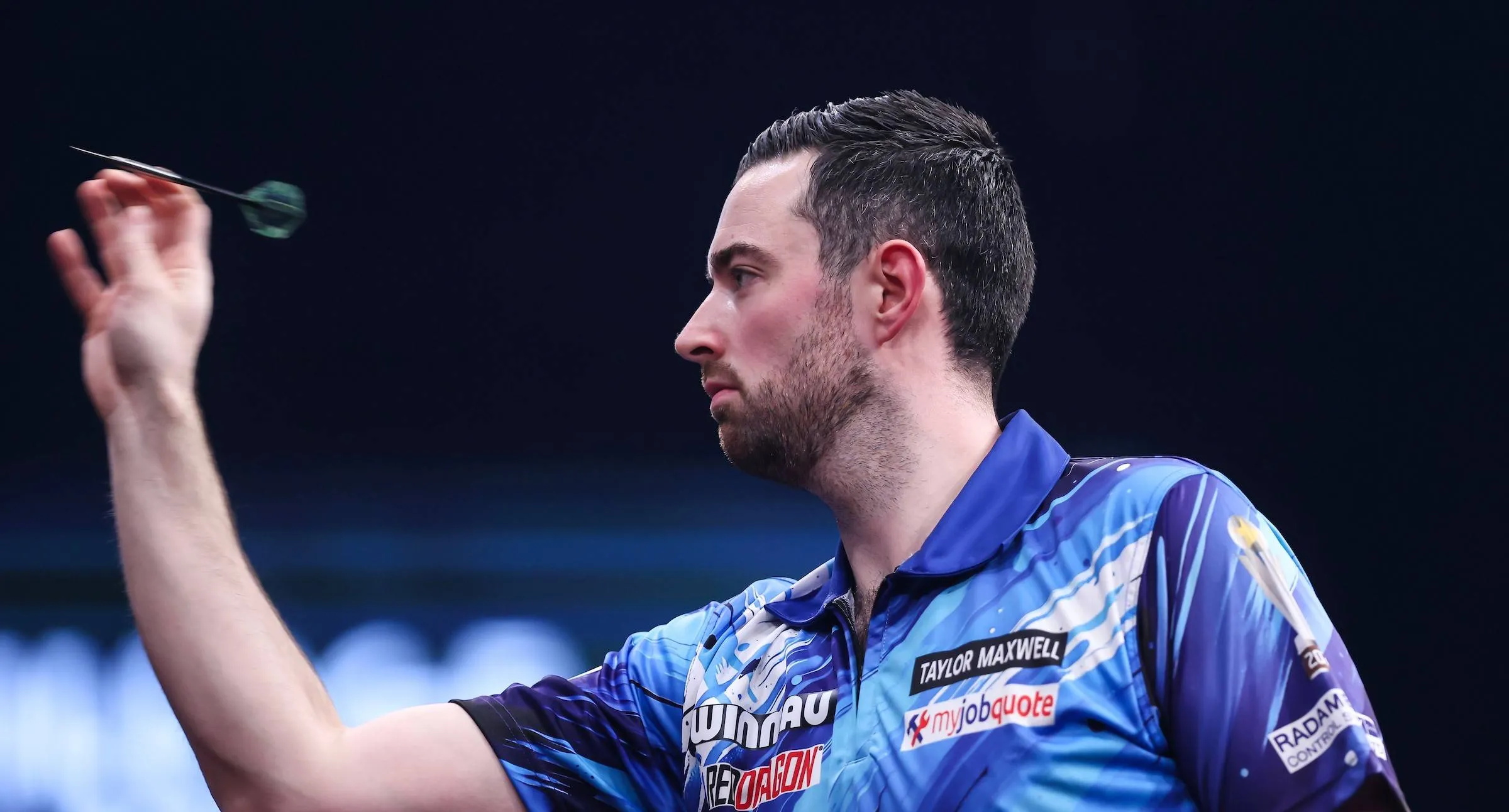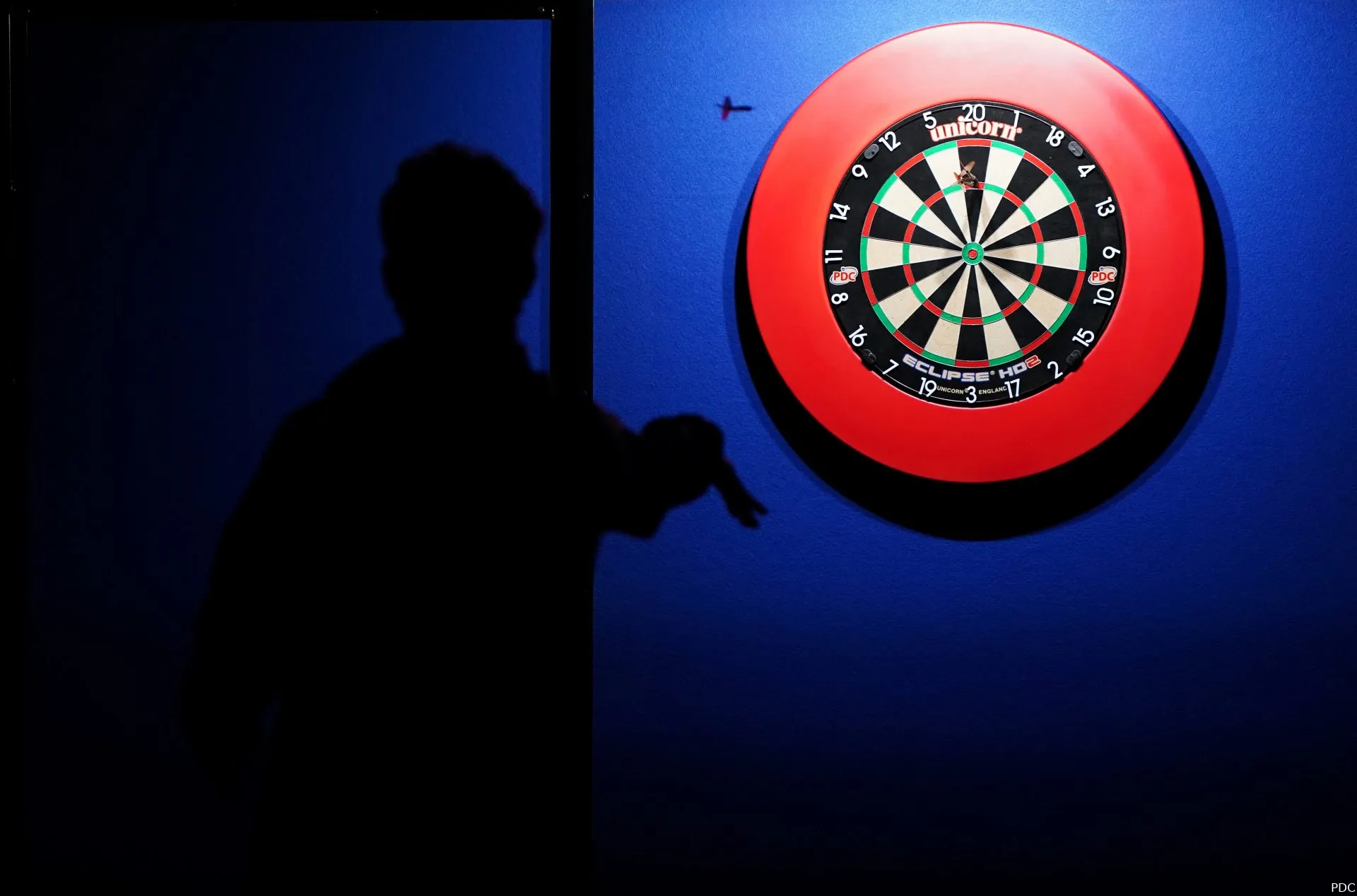
Q-School is over after seven long days in Milton Keynes, England and Niedernhausen, Germany. The multi-day event produced 32 lucky winners, who can show what they can do in the next two years on the lucrative PDC Pro Tour.
But the Q-School also produced many losers, players who went home without a PDC Tour Card. In total 659 players participated in one of the two Q-School, over six hundred missed out on the 'Golden Ticket'. But what are the alternatives for them in 2022?
Read also
Players who participated in the Q-School but didn't win a Tour Card are allowed by the PDC to participate in the Challenge Tour. This circuit consists of 24 tournaments. Each tournament has a prize pool of £10,000, with the winner receiving £2,000.
Via the Challenge Tour two spots for the World Darts Championship can be earned. The top two in the final ranking are allowed to participate in Alexandra Palace. They also receive a PDC Tour Card for 2023 and 2024.
Players who do well on the Challenge Tour also have a chance to play in the Pro Tour tournaments. If one or more Tour Card holders cancel their participation in Players Championship tournaments, the order of the Challenge Tour Order of Merit will be used to add substitutes to the tournaments.
Associate Member Qualifiers for Euro Tours
By participating in the Q-School, players are also entitled to play the Associate Member Qualifiers on the Euro Tour. If the coronapandemic doesn't throw a spanner in the works, there will again be thirteen Euro Tour tournaments on the schedule this year.
For each Euro Tour tournament an Associate Member Qualifier will be played. Two spots for the main tournament will be allocated. When participating in a Euro Tour tournament a player is assured of £1,000 in prize money. This can eventually rise to as much as £25,000 with a Euro Tour title.
Development Tour
Players aged 16 to 24 (23 on 1 January 2022) can participate in the PDC Development Tour, the youth circuit of the PDC. Participation in the Q-School is not required to take part in this circuit.
The Development Tour also consists of 24 tournaments, with each tournament having a prize fund of £10,000. The winner goes home with £10,000.
On the Development Tour there are also two spots for the World Darts Championship to be earned. The two best players at the end of the season get an invitation to the World Darts Championship. They will also receive a PDC Tour Card for the next two seasons.
Women's Series
There are also opportunities for the ladies. Since 2020 the PDC has its own Women's Series. At that time the circuit consisted of four tournaments, now this has expanded to twenty tournaments.
The PDC has reserved a £5,000 prize pool for each tournament. Through the Women's Series, they can get qualification for the Grand Slam of Darts and the World Darts Championship.
Regional circuits
Players from outside the United Kingdom and countries like The Netherlands, Germany and Belgium sometimes have a regional circuit (under the flag of the PDC) to fall back on.
There is a Nordic & Baltic circuit for players from the Scandinavian countries and the Baltic states. For darts from the Eurasian zone, there is a EADC circuit. Players from Australia can go on the DPA Tour and darters from New Zealand have the DPNZ circuit. In North America there is the CDC Tour for darts from the United States and Canada. In all these circuits one or more World Championship spots can be obtained.
Seniors Tour
Not only the young players have their own tour, also the veterans (50+) have their own circuit. Although this is not organised by the PDC, but by the World Seniors Darts Tour (WSDT).
This organisation organises the first edition of the Seniors World Championship in February 2022, with among others Phil Taylor, Martin Adams, John Part, Robert Thornton, Peter Manley, Paul Lim, Darryl Fitton and Roland Scholten as participants.
The WSDT also organises several other tournaments, including its own World Masters and World Matchplay for seniors.
Amateur tournaments
Players without a PDC Tour Card do not have to sign a PDC contract and this gives them the opportunity to play tournaments of other federations.
This way they can also participate in for example the open tournaments of the World Darts Federation (WDF). This gives them the opportunity to qualify for the amateur World Championship.
Also these players can participate in national ranking tournaments. In Holland for example players like Jelle Klaasen, Benito van de Pas and Christian Kist can participate in the NDB-ranking when it starts up again. In the UK you have the 'county system' as an alternative for British players.
claps 2visitors 2
Just in
Popular news
Latest comments
- So,it's a rubbish league,waste of time. Just put 8000 people in a building every Thursday,get them all drunk,and wonder why it's a complete joke. And forget every other player apart from 8. It's a ridiculous,inane,and needless so called competition.rick6718-02-2026
- Sorry,I've never been a professional darts player,but obviously from your comment,you have. So, going to your reply, you're blaming the management,not the player? So in that respect,he should get a different manager? That's basically all your comment is saying. Don't let him do money makers,which Barney said is easy money, instead of tournaments? Shake hands instead of trophies? Well I guess the manager knows best,as he has a big cut!rick6716-02-2026
- Sorry Mr rick67, erm what punditry credentials do you have to comment on a pundit? There's a reason why many top professionals have management teams. They know how to manage schedules etc so the players can just play. And how is Edgar wrong? Last year MVG failed to qualify by missing too many tournaments and underperforming. He's repeating the error this year so Edgar is right In calling this out.BandB15-02-2026
- Just get of Mardle,I didn't pay to watch him,and I don't want him for free! Let's see,how many world champions,either code,did you win? None! Now mason does it more as a player who was a floor player than you were putting pineapple on your shirt. Mardle,just go,you over inflated ego may follow. Tell you what,get on the seniors tour,and show everyone how good you weren'trick6715-02-2026
- Sorry Mr Edgar,erm what have you actually won to comment? Mvg has had his issues,but you have won a grand total of what? I make that nothing. So how can your comment be justified? Let him do what he likes,you do what you like, and we'll see what you win nextrick6715-02-2026
- Seems to be having a moan for no reason and using “Do-Gooder” as an insult makes no sense. It literally means someone who does good things!Wonker12-02-2026
- Mickey Vs mensur for the world champion? It's starting tomorrow,finishes in January!!rick6711-02-2026
- Oh well that's it then. Both these goofs will expect and demand premier league darts next year after this.richieburnettrocks10-02-2026
- Sincere apologies to Richie, I forgot yesterday, slightly belated but Happy Birthday to the great man. Certainly looking good for 59richieburnettrocks08-02-2026
- He's a nice bloke. He's sort of portrayed as a villain,but he isn't. He plays with heart. Sure he's had issues with the crowd,who are mostly in drink,and some players,but which player hasn't? Littler will have to get used to booing,the crowds always get fed up with consistency. However,Humphries won't have that problem,he's a top bloke too,humble.rick6708-02-2026
Loading
